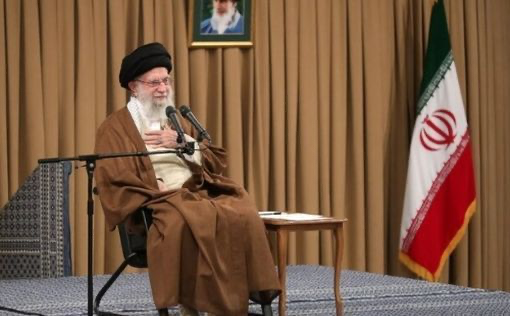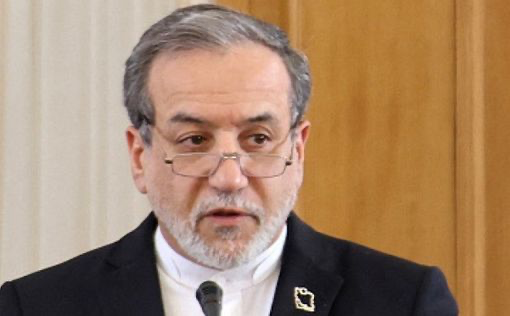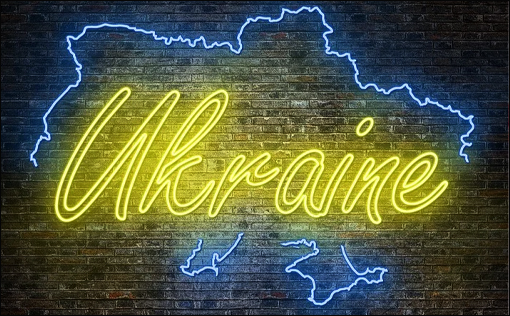Iran’s Supreme Leader Ayatollah Ali Khamenei has authorized direct negotiations with the United States, marking a significant shift in Tehran’s foreign policy stance. This decision comes after years of staunch refusal to engage directly with American officials.
According to reports, Khamenei’s approval was influenced by internal pressures from senior Iranian officials who warned of escalating threats to the regime’s stability. Concerns included potential military strikes on Iran’s nuclear facilities and the intensification of economic sanctions, which have already led to widespread social unrest and economic hardship within the country.
The initial phase of these negotiations began with indirect talks in Muscat, Oman, on April 12, 2025. These discussions involved Iranian Foreign Minister Abbas Araghchi and U.S. Special Envoy Steve Witkoff. The success of these preliminary talks has paved the way for direct diplomatic engagements between the two nations.
The primary focus of the negotiations is Iran’s nuclear program. The U.S. delegation, led by Witkoff, has emphasized the necessity for Iran to halt its uranium enrichment activities and allow comprehensive inspections. While Iran has expressed willingness to discuss limitations on its nuclear activities, it seeks assurances regarding the lifting of sanctions and recognition of its right to peaceful nuclear energy.
This development signifies a potential thaw in U.S.-Iran relations, which have been strained since the U.S. withdrawal from the Joint Comprehensive Plan of Action (JCPOA) in 2018. The international community watches closely, hopeful that these talks may lead to a renewed agreement that ensures regional stability and addresses global non-proliferation concerns.




